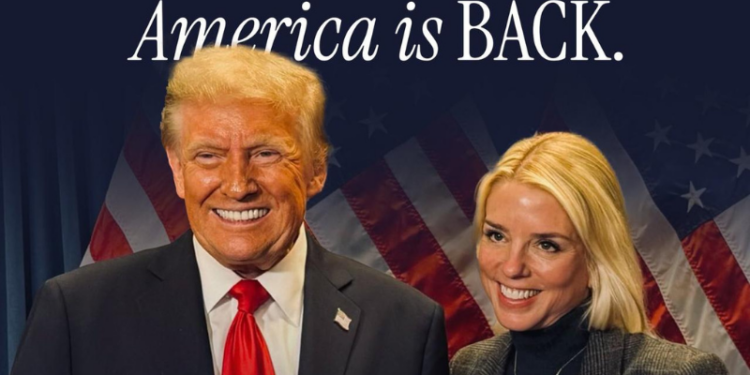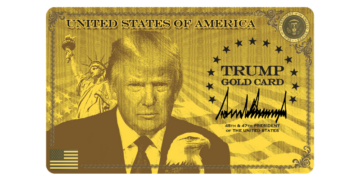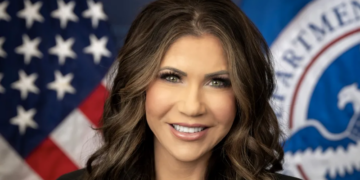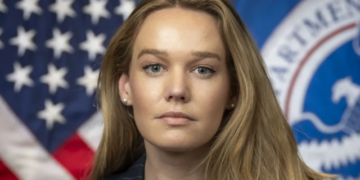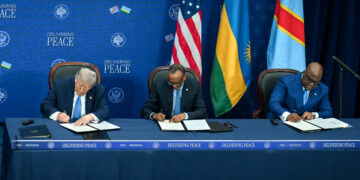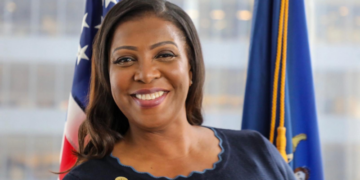On Wednesday, February 5th, newly confirmed Attorney General Pam Bondi directed the Department of Justice (DOJ) to pause federal funding to sanctuary cities that refuse to cooperate with federal immigration enforcement. This directive is part of Bondi’s series of actions to tighten immigration policies and limit sanctuary city protections.
Bondi’s decision aligns with a broader policy pushed by President Donald Trump, who previously sought to defund sanctuary jurisdictions. A 2020 court ruling upheld the Trump administration’s authority to withhold federal grants from cities obstructing immigration enforcement. The Center for Immigration Studies reports that sanctuary cities received $1.56 billion in federal funding in 2023 for various programs, such as public safety and housing support.
The directive also tasks the DOJ with investigating cases where sanctuary cities obstruct law enforcement. Bondi has instructed the department to assess funding agreements with NGOs that support illegal immigrants and pursue legal action when necessary.
While Bondi focuses on cities that shelter illegal immigrants, including New York, Chicago, and Denver, critics warn that cutting federal funding could disrupt essential services. The U.S. Committee for Refugees and Immigrants expressed concern, stating the cuts “could disrupt critical programs funded by federal dollars, including public safety initiatives, disaster relief, housing support, and healthcare services.”
Mayors from several sanctuary cities have opposed the Trump administration’s immigration crackdown. Chicago Mayor Brandon Johnson stated his city would not cooperate with deportations, arguing that local resources should not enforce federal immigration policies. Denver Mayor Mike Johnston also vowed his city would resist federal immigration enforcement, even considering police blockades.
Bondi’s directives are part of a broader agenda that includes establishing a “Weaponization Working Group” within the DOJ. This group will address concerns over politically motivated justice, particularly concerning investigations and lawsuits involving President Trump. The DOJ is expected to review all actions from the past four years to determine whether political bias has influenced legal proceedings.



